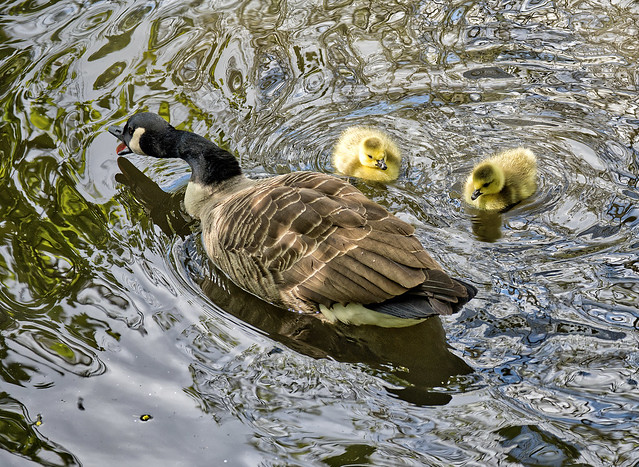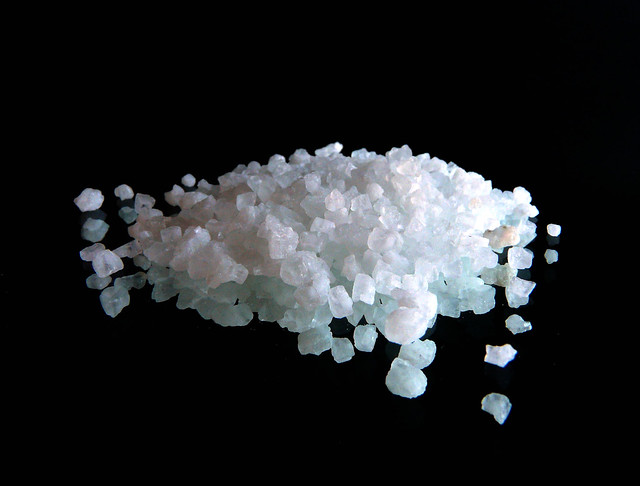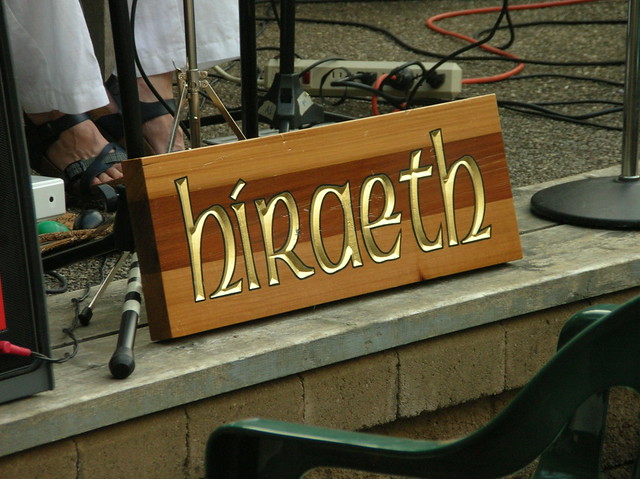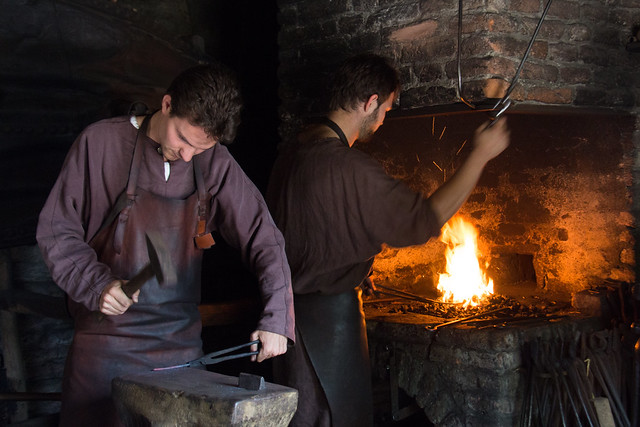Today we’re looking at the words for father and related people in Celtic languages.
| Proto-Celtic | *ɸatīr [ˈɸa.tiːr] = father *ɸatriyos = paternal |
|---|---|
| Old Irish (Goídelc) | ath(a)ir [ˈaθɨrʲ] = father athramail = fatherly, paternal, fatherlike |
| Irish (Gaeilge) | athair [ˈɑhəɾʲ/ˈahæɾʲ] = father, ancestor, sire aithriúil = fatherly ardathair = patriarch athair mór = maternity, fatherhood leasathair = stepfather seanathair = grandfather |
| Scottish Gaelic (Gàidhlig) | athair [ahɪrʲ] = father, progenitor, sire athair-baistidh = godfather athair-cèile = father-in-law bràthair-athar = parternal uncle leas-athair = stepfather piuthar-athar = parternal aunt prìomh-athair = forefather, patriarch taobh athar = paternal |
| Manx (Gaelg) | ayr [ˈeːar] = father, matron, mater, queen, dam; focus, fountainhead, generator ayroil = fatherly, parternal ayrvarroo = patricide shennayr = grandfather |
| Old Welsh | -atr = ? |
Etymology from the Proto-Indo-European *ph₂tḗr (father) [source].
| Proto-Celtic | *attyo-, *attiyos = father, foster-father |
|---|---|
| Old Irish (Goídelc) | aite [ˈadʲe] = foster-father; tutor, teacher |
| Irish (Gaeilge) | oide [ˈɛdʲə] = foster-father; tutor, teacher oideachas = education oideachasóir = educationalist oideachasúil = educational oideas = instruction, teaching, prescription, recipe oideoir = educator oideolaíoch = pedagogic(al) |
| Scottish Gaelic (Gàidhlig) | oide [ɤdʲə] = tutor, foster-father, stepfather, godfather oide-altraim = foster-father oide-baistidh = godfather oide-foghlaim = instructor oide-ionnsachaidh = tutor oide-sgoile = schoolmaster oidich = instruction |
| Manx (Gaelg) | gedjey = foster-father, godfather, guardian, sponsor |
Etymology from the Proto-Indo-European *átta (father) [source].
| Proto-Celtic | *tatos = dad, daddy |
|---|---|
| Proto-Brythonic | *tad = father |
| Middle Welsh (Kymraec) | tad = father |
| Welsh (Cymraeg) | tad [taːd] = father tadaidd = fatherly, paternal tadeiddiad = fatherhood tadenw = patronymic tadol = paternal, fatherly, inherited from the father tadu = to father (a child), become a father; ascribe, attribute (to) tadwlad = fatherland, native land tadwys = family, lineage, fatherhood tadwysaeth = paternity |
| Old Cornish | tat = father |
| Cornish (Kernwek) | tas [taːz/tæːz] = father tasek = patron tasrewl = patriarchy tasveth = foster-father tas bejydh = godfather tas gwynn = grandfather Tas Nadelik = Father Christmas tas sans = patron saint ugheldas = patriarch |
| Middle Breton | tat = father |
| Breton (Brezhoneg) | tad [ˈtɑːt] = father tadeg = father-in-law tadig = dad, daddy tad-kaer = father-in-law tad-kozh = grandfather tad-kuñv = great-grandfather tata = dad |
Etymology from the Proto-Celtic *attyo-, *attiyos (father, foster-father), the Proto-Indo-European *átta (father) [source].
Words marked with a * are reconstructions.
Sources: Wiktionary, Am Faclair Beag, Online Manx Dictionary, Teanglann.ie, eDIL – Electronic Dictionary of the Irish Language, In Dúil Bélrai English – Old Irish glossary, Geiriadur Prifysgol Cymru, Gerlyver Kernewek, Gerlyvyr Cernewec, Dictionaire Favereau, TermOfis, Le dictionnaire diachronique du breton, Geriafurch, English – ProtoCeltic WordList (PDF), Etymological Dictionary Of Proto Celtic












